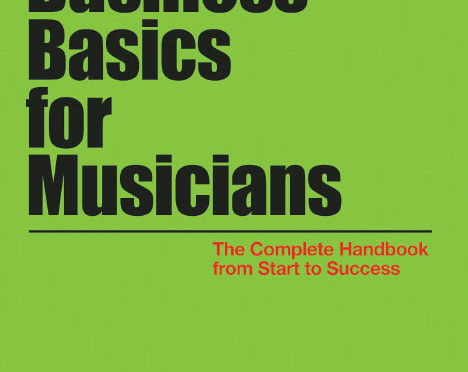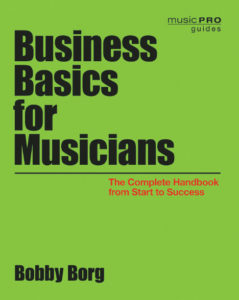Q: I am coming to the United States for a tour and I am making plans now to get my visa for the tour. Is there anything I need to know about getting a visa?
The first thing a foreign artist, or nonresident alien (NRA), needs to know is that the visa required for any performing artist is actually a non-immigrant temporary work permit. This temporary work permit visa is a requirement for any kind of performing in the US—paid or nonpaid.
I recently learned of a large performing group trying to enter the US without this visa. They had assumed that, since they were not getting paid and were donating their time and efforts to a good cause, they would be allowed into the country. US Customs and Border Protection had to refuse them entry, and rightly so, since they did not have the necessary documentation to allow them to perform in the US.
Tips to getting a temporary work visa for performing in the US:
Be sure to apply for the correct visa. An O-1B is for internationally-renowned artists and entertainers who possess extraordinary ability; an O-2 is for essential individuals who will accompany an O-1B artist or entertainer to assist in a specific event or performance; a P-1 is for internationally-recognized entertainment groups and its members; a P-1S (or P-2S or P-3S) is for technical staff accompanying a P visa group; a P-2 is for AFM members only; a P-3 is for individuals or groups, under a program that is “culturally unique.” (USCIS has its own definition of “culturally unique” and it may not agree with yours.)
Do not apply for a B-1 or B-2 visa and expect to be able to perform. These are “business” visas, and while they allow you to take care of some “musical” business, they are not work permit visas that allow you to perform.
Be sure to provide exact required evidence of your qualifications for each visa. The classifications of non-immigrant visas are listed on this USCIS website: http://www.uscis.gov/working-united-states/temporary-workers/temporary
-nonimmigrant-workers.
Be sure to fill in the required application forms correctly. The Beneficiary Form for groups requires an alphabetical listing of names with the last name in capitals, followed by the first name.
Give yourself plenty of lead time for any application. Consider possible delays in getting required materials for an application, processing delays, the time required to get an approval form couriered to you, and other hold-ups.
Be sure that everyone has a passport that is valid for six months after your last performance date in the US.
Applying for a non-immigrant work permit visa is a complicated business and requires much attention to detail. Seek professional help if you can’t find the time or energy to make the necessary learning curve.
—I welcome your questions and concerns. Please send an email to: robert@bairdartists.com.








